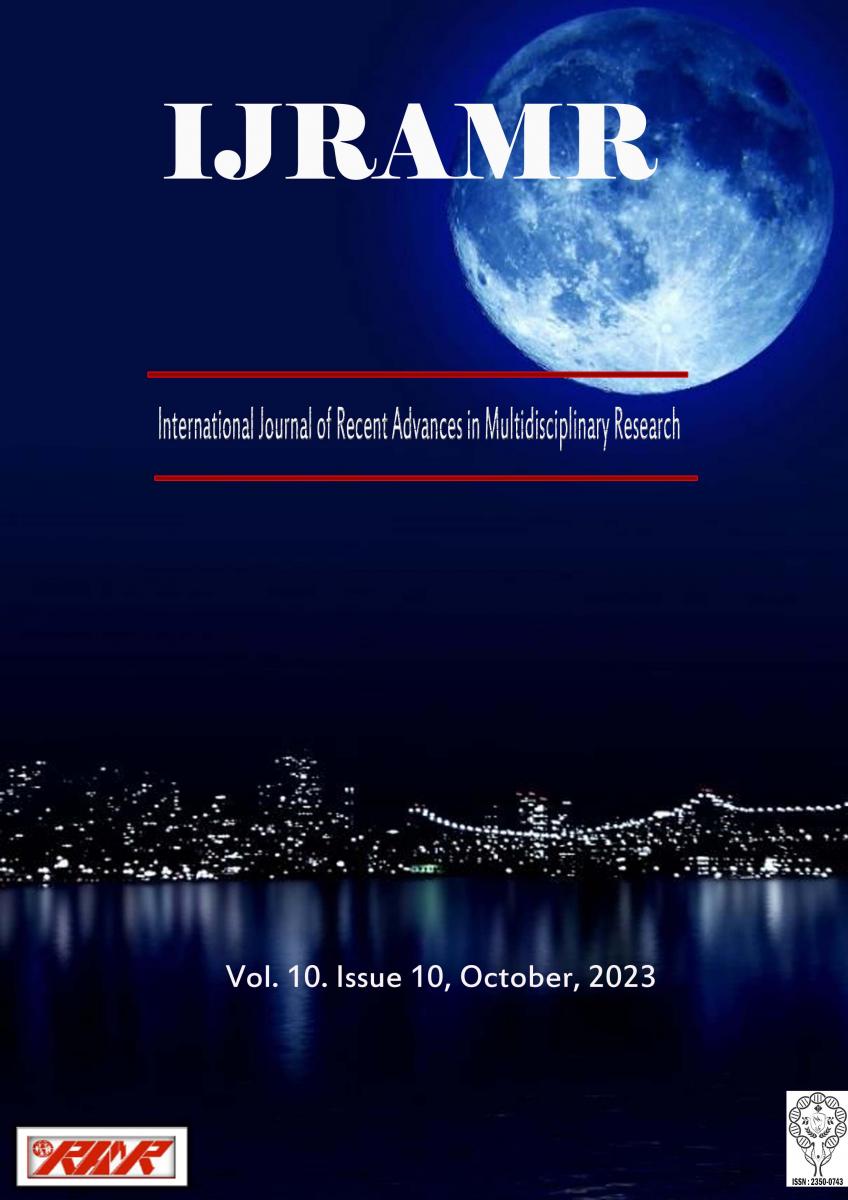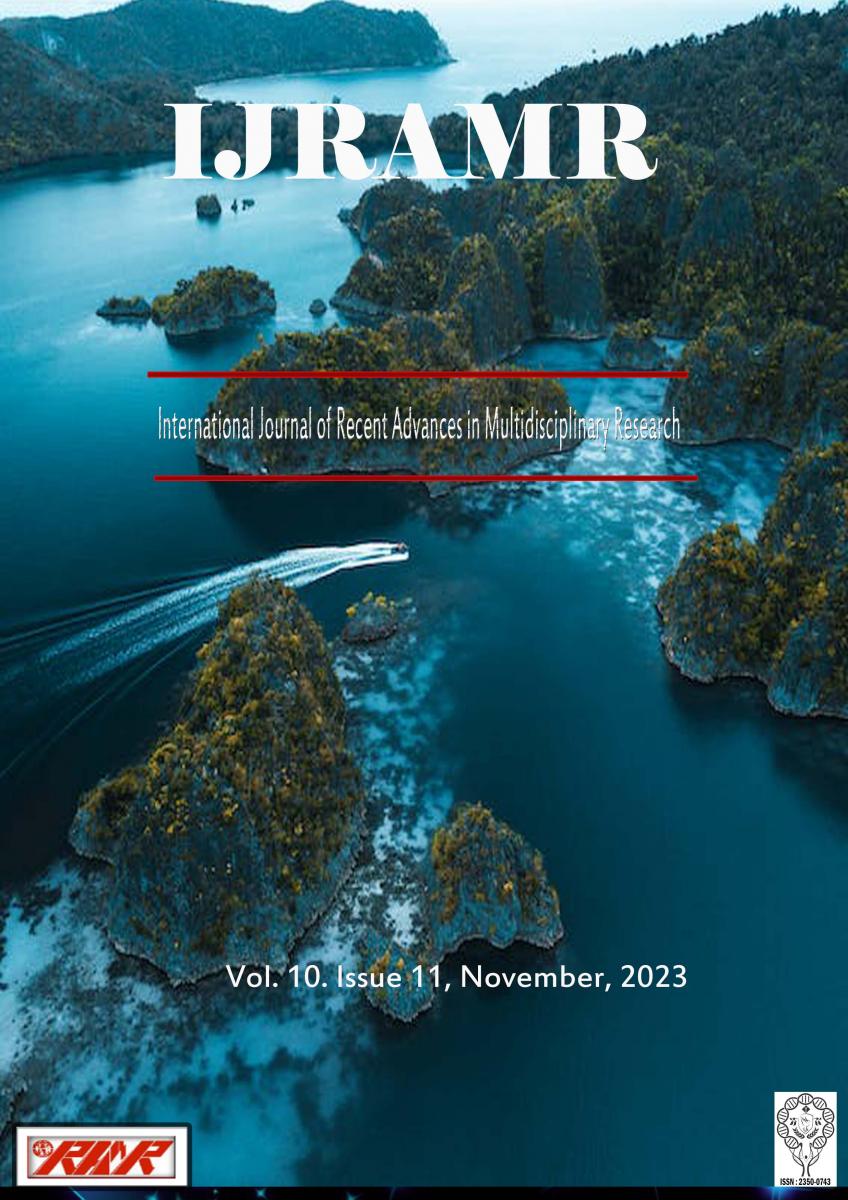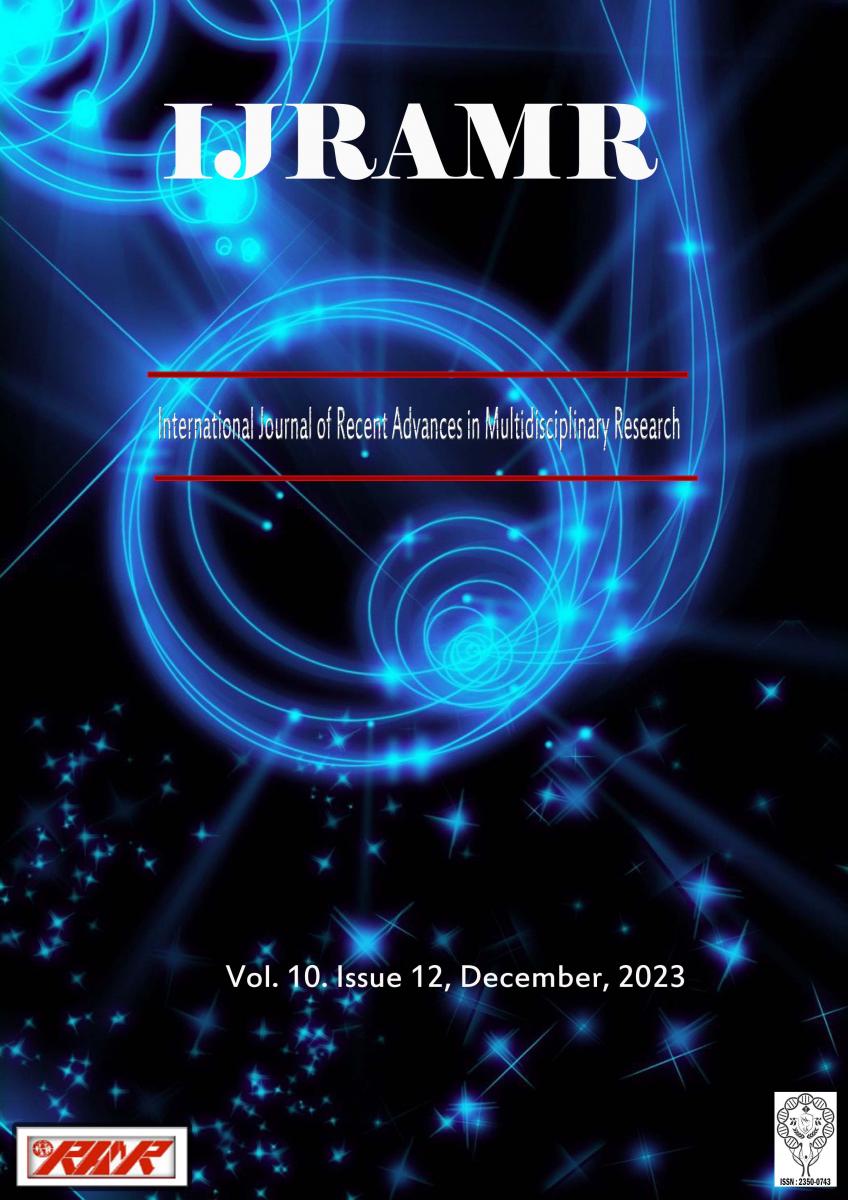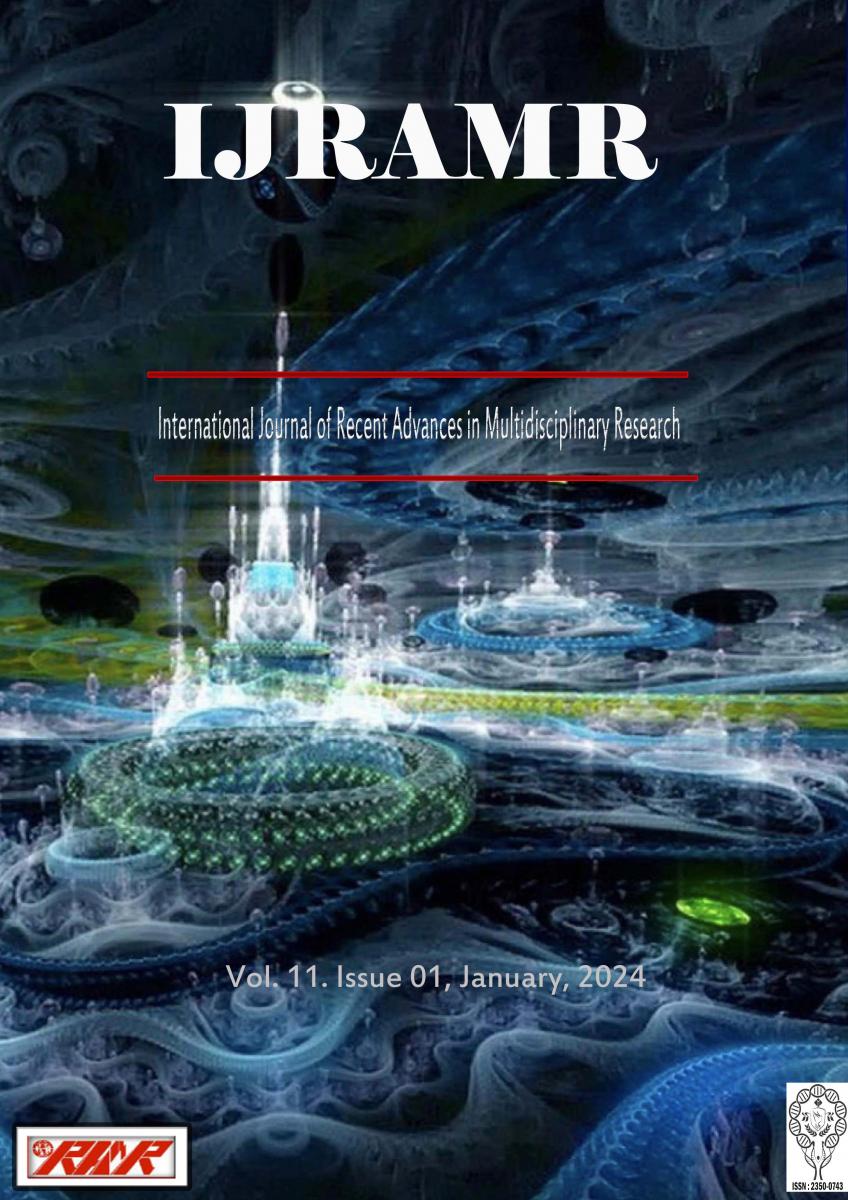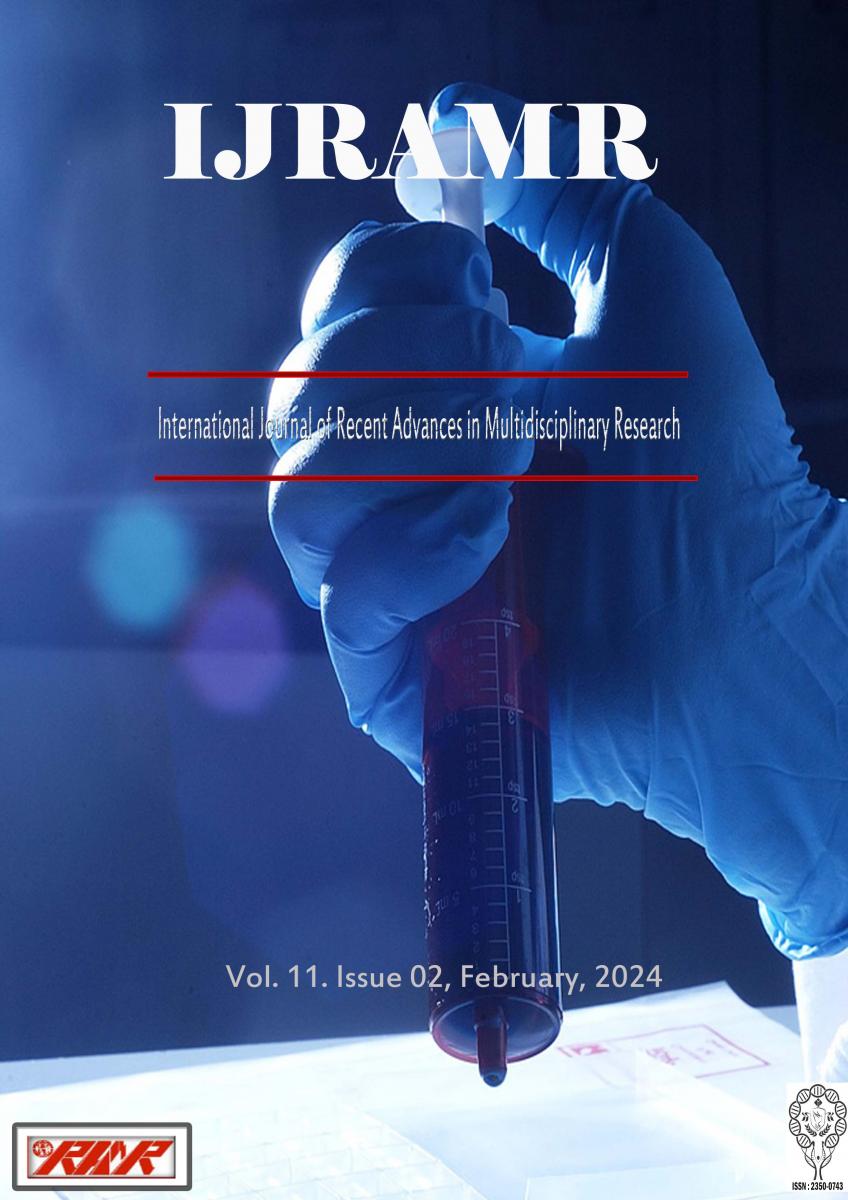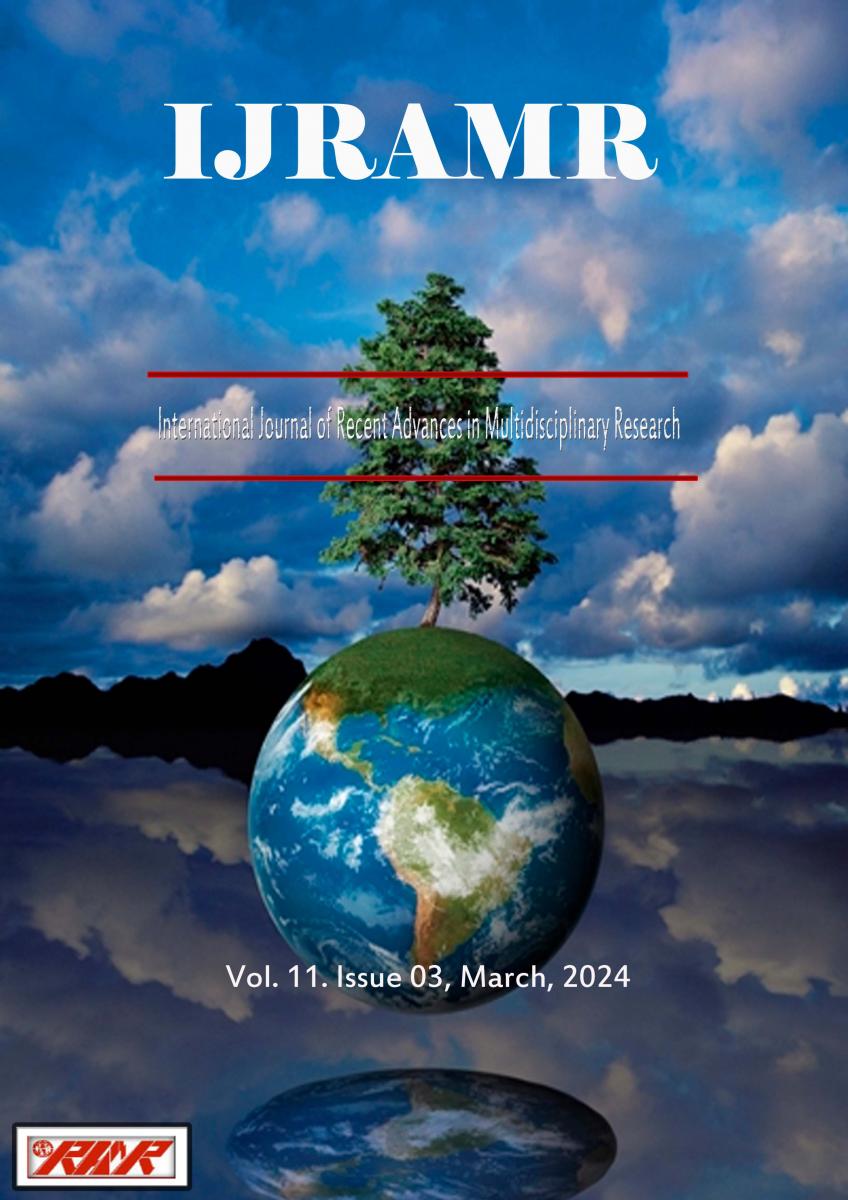The objective of this study was to assess the knowledge and satisfaction of the population on the National Program of Sanitized Schools and Villages (NPSSV) as well as their practice in post-certification. An analytical cross-sectional study was carried out in 3 intervention Health Zones during the period from November 15 to 27, 2022. The statistics were carried out with Pearson's chi2, Fisher's Exact Test, ANOVA Test and Kruskal Wallis Test, according to the conditions of their applications. The knowledge most represented on the NPSSV, regardless of site, was "the drinking water coverage improvement program" (99%), the other components of the program were poorly known (p≤0.05). The village certification criteria and the tasks of the village committee members were poorly known (p≤0.05). Almost all of the population currently uses unimproved water sources (92%), indistinctly of Health Zone. Surface water and traditional wells are significantly more used (p≤0.05). Poor construction, lack of maintenance and sabotage of structures were the most cited causes of the deterioration of water structures (p≤0.05). Satisfaction with the program and the quality of the works is very good, differently between the Health Zones (p>0.05). Diarrheal episodes were observed in 33% of households, the median number of people with diarrhea and the median number of children under 5 years of age did not differ between Health Zones (p>0.05). The knowledge of the mothers on the key aspects of the NPSSV is limited, their appreciation of the implementation of the activities is satisfactory and the households no longer use the improved water points. This maintains a high incidence of diarrhea at the household level. Other measures are essential to deal with it.
